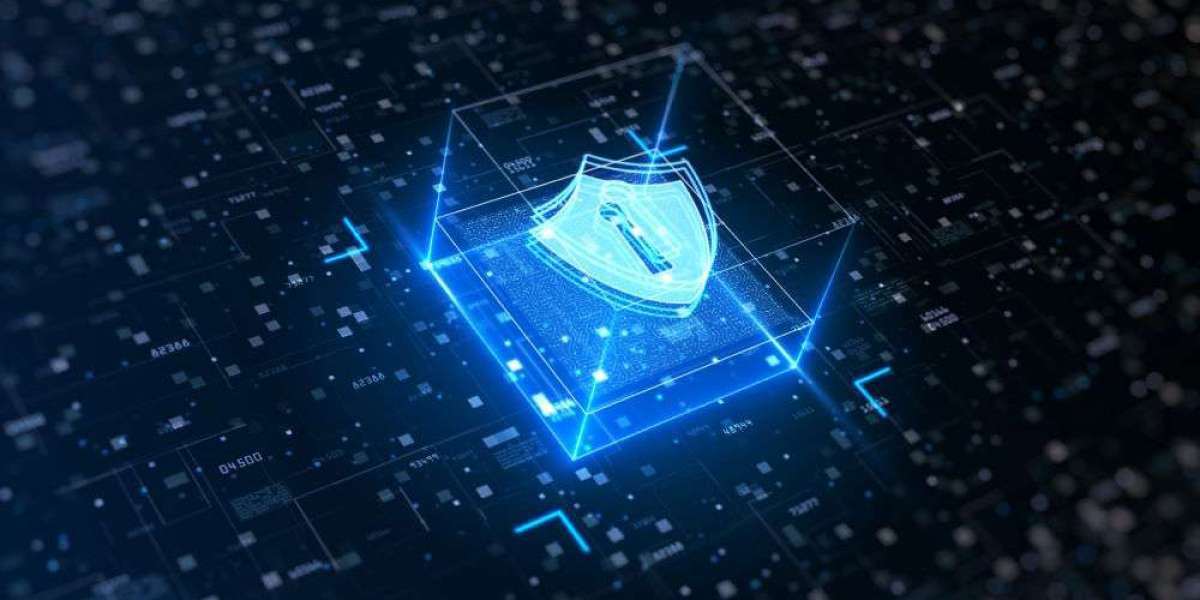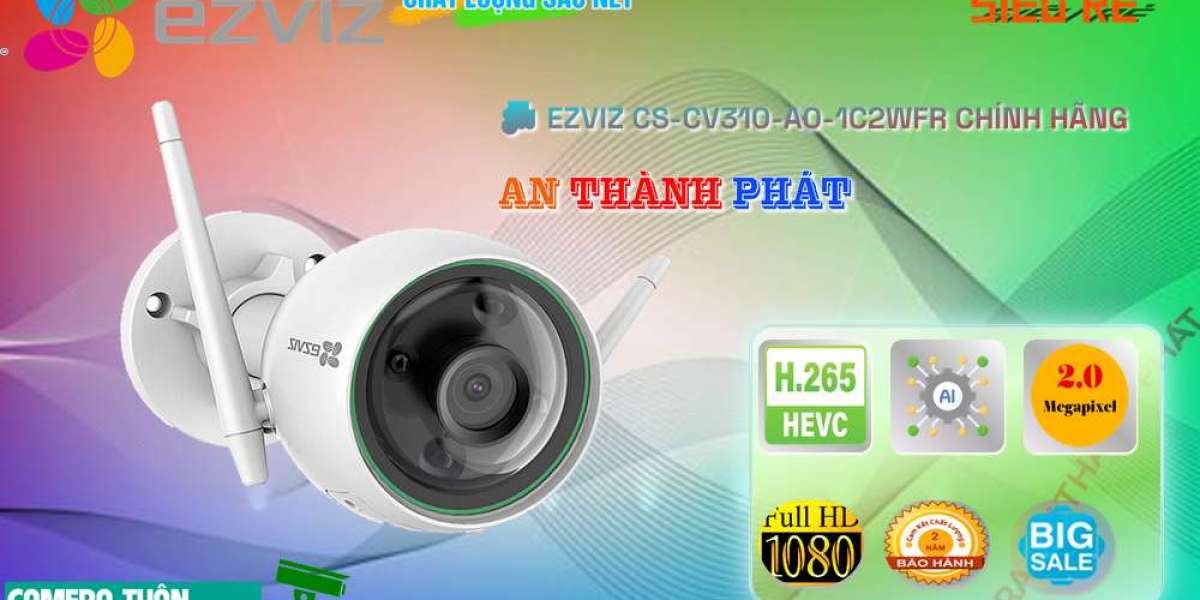Proper device disposal is crucial in today's digital age. Discarding devices without taking appropriate precautions can lead to personal data exposure, identity theft, and even environmental hazards. This guide covers various types of devices, including smartphones, tablets, computers, laptops, gaming consoles, and smart home devices.
Understanding the Risks
The risks associated with improper device disposal include:
- Personal data exposure: Sensitive information like emails, photos, and financial data can be accessed by unauthorized individuals.
- Identity theft: Personal details can be used for fraudulent activities.
- Corporate espionage: Business data on personal devices can be compromised.
- Environmental hazards: Electronic waste contains harmful materials that can damage the environment if not disposed of properly.
Preparation Before Disposal
Before disposing of any device:
- Identify all devices that store data, including old smartphones, computers, and external hard drives.
- Catalog the types of data on each device to ensure nothing important is overlooked.
- Decide on the disposal method: recycling, donating, or selling.
Backing Up Your Data
Creating backups is crucial before disposing of any device:
- Use cloud storage services for convenient, off-site backups.
- Create local backups on external hard drives for sensitive data.
- Always verify the integrity of your backups before proceeding with device disposal.
Removing Data from Devices
Different devices require different approaches:
- Smartphones and tablets: Use the built-in factory reset option.
- Computers and laptops: Use the operating system's reset function or dedicated disk-wiping software.
- Gaming consoles: Follow manufacturer instructions for full system reset.
- Smart home devices: Reset to factory settings and unlink from your accounts.
Always remove SIM cards and external storage before disposal. Consider encrypting devices before resetting for an extra layer of security.
Secure Data Erasure Methods
For thorough data removal:
- Use software-based data erasure tools that overwrite data multiple times.
- Consider physical destruction for highly sensitive data (e.g., drilling holes in hard drives).
- Professional data destruction services are available for businesses or individuals with strict security requirements.
Disposing of Specific Types of Devices
Each type of device may require specific steps:
- Computers and laptops: Remove hard drives before disposal if not using secure erasure software.
- Smartphones and tablets: Remove SIM and SD cards, perform a factory reset.
- External hard drives and USB drives: Use secure erasure software or physical destruction.
- Printers and scanners: Clear internal memory and remove any network settings.
- IoT and smart home devices: Reset to factory settings and remove from your home network.
The Role of SmailPro in Secure Device Transition
When transitioning between devices, services like SmailPro can play a crucial role in maintaining your privacy and security. SmailPro is a temporary email service that can be particularly useful during this process:
- Creating temporary emails for data transfer and account management:
- Use SmailPro to create disposable email addresses for transferring data or setting up accounts on your new device.
- This prevents your primary email from being exposed during the transition process.
- Protecting your primary email during the disposal and setup process:
- Use SmailPro for any communications related to device disposal or recycling.
- This reduces the risk of your primary email being compromised if the old device data is somehow accessed.
- Managing account transitions:
- When closing accounts on old devices or opening new ones, use SmailPro addresses to manage the process.
- This helps maintain separation between your old and new digital identities.
- Temporary email for factory reset confirmations:
- Some devices send confirmation emails during the reset process. Use SmailPro for these to avoid any lingering connections to your primary email.
Best practices for using SmailPro during device transition:
- Create a unique SmailPro address for each device or account you're transitioning.
- Use SmailPro's temporary Gmail or Outlook options for a more robust temporary solution if needed for longer transitions.
- Delete the SmailPro addresses once the transition is complete to maintain optimal privacy.
Environmentally Responsible Disposal
Proper e-waste disposal is crucial for environmental protection:
- Look for certified e-waste recycling programs in your area.
- Check if device manufacturers offer take-back programs.
- Ensure any recycler you use is certified to handle e-waste properly.
Legal Considerations
Be aware of legal obligations:
- Familiarize yourself with data protection laws in your jurisdiction.
- For businesses, ensure compliance with relevant regulations (e.g., GDPR, CCPA).
- Keep documentation of the disposal process, especially for business devices.
After Disposal: Ensuring Ongoing Data Security
After disposing of your devices:
- Monitor your accounts for any suspicious activity.
- Update passwords and security questions for all your accounts.
- Inform relevant parties (e.g., workplace IT department) of your device change.
Best Practices for Future Device Management
To make future disposals easier:
- Regularly purge unnecessary data from your devices.
- Implement strong security measures on new devices from the start.
- When purchasing new devices, consider their eventual disposal and choose devices with good factory reset options.
Conclusion
Properly disposing of old devices is crucial for protecting your personal information and the environment. By following these steps and utilizing tools like SmailPro for secure transitions, you can ensure that your data remains safe when upgrading to new devices.
Remember:
- Always back up your data before disposal.
- Use appropriate methods to securely erase data from your devices.
- Dispose of devices responsibly through certified recycling programs.
- Utilize services like SmailPro to maintain privacy during the transition process.
By implementing these practices, you can enjoy the benefits of new technology while maintaining the security of your personal information and contributing to a healthier environment.







